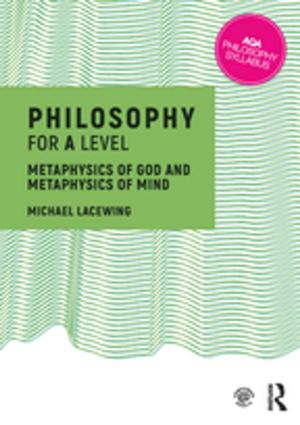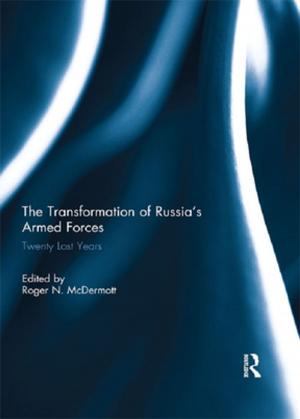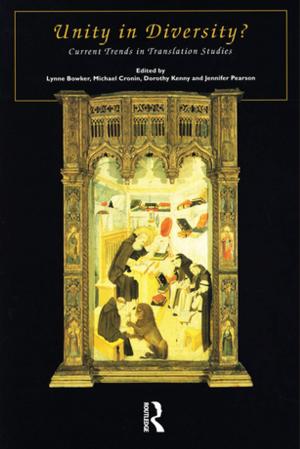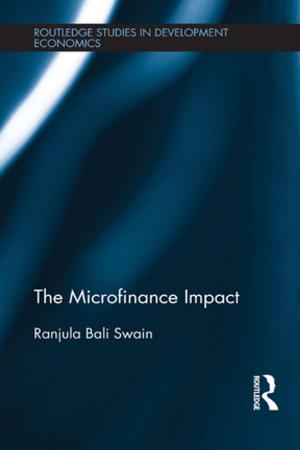| Author: | Antonios Vadolas | ISBN: | 9780429917240 |
| Publisher: | Taylor and Francis | Publication: | April 17, 2018 |
| Imprint: | Routledge | Language: | English |
| Author: | Antonios Vadolas |
| ISBN: | 9780429917240 |
| Publisher: | Taylor and Francis |
| Publication: | April 17, 2018 |
| Imprint: | Routledge |
| Language: | English |
Contemporary versions of evil demonise modern "fascists", "totalitarian threats", and "Hitlers". As if not obscure enough, fascist evil has been equivocally linked with perversion. This book reveals that both fascism and perversion implicate the non-symbolisable kernel in politics, which becomes the source of their mystification. It argues that the fascist does not take the same discursive position as the pervert does, regarding this symbolic gap. The author develops a new rhetoric, de-pathologised and de-ideologised, regarding the structure of the so-called pervert, introducing new vocabularies and directions for psychoanalytic research that further distance the pervert, or whom he calls the "extra-ordinary subject", from fascist politics and, instead, exposes his diachronic "fascist" isolation from the social edifice. This reveals the fruitful alternatives that can stem from a "return to Freud cum Lacan", which supports a flexible on-going reformulation of psychoanalytic knowledge.
Contemporary versions of evil demonise modern "fascists", "totalitarian threats", and "Hitlers". As if not obscure enough, fascist evil has been equivocally linked with perversion. This book reveals that both fascism and perversion implicate the non-symbolisable kernel in politics, which becomes the source of their mystification. It argues that the fascist does not take the same discursive position as the pervert does, regarding this symbolic gap. The author develops a new rhetoric, de-pathologised and de-ideologised, regarding the structure of the so-called pervert, introducing new vocabularies and directions for psychoanalytic research that further distance the pervert, or whom he calls the "extra-ordinary subject", from fascist politics and, instead, exposes his diachronic "fascist" isolation from the social edifice. This reveals the fruitful alternatives that can stem from a "return to Freud cum Lacan", which supports a flexible on-going reformulation of psychoanalytic knowledge.















